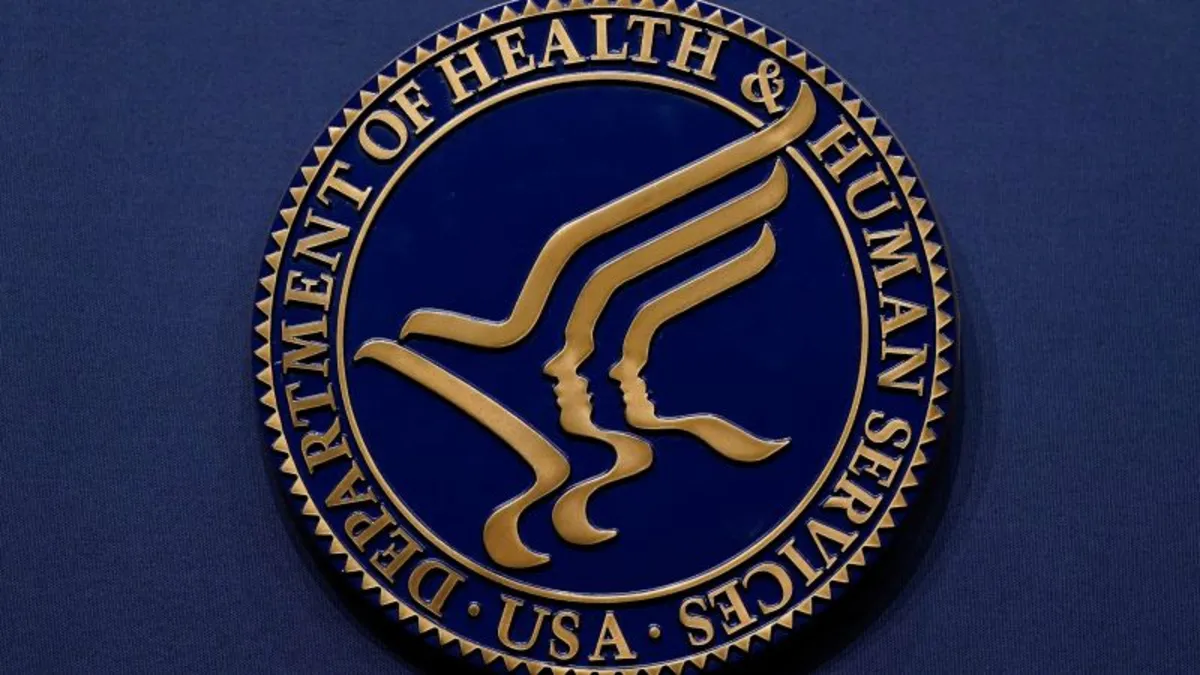
The US Department of Health and Human Services (HHS) announced on Thursday its ambitious goal to achieve a scientific milestone that has eluded researchers for 45 years: the development of a universal flu vaccine. This innovative vaccine aims to protect against multiple virus strains, including those with pandemic potential such as the H5N1 avian influenza. Dr. Jay Bhattacharya, Director of the National Institutes of Health (NIH), heralded this initiative as a "paradigm shift," emphasizing its potential to extend vaccine protection beyond just strain-specific limits.
The HHS project, which is being spearheaded at the National Institute of Allergy and Infectious Diseases (NIAID), is targeting FDA approval for universal influenza vaccines by 2029. Human clinical trials are set to commence next year. The initiative is backed by a significant investment of $500 million from the Biomedical Advanced Research and Development Authority (BARDA), a figure confirmed by an HHS spokesperson.
Dr. Paul Offit, a prominent vaccine scientist at the Children’s Hospital of Philadelphia, expressed cautious optimism about the project, recalling his training in the early 1980s when efforts to create a universal flu vaccine began. "It’s not for lack of effort or expertise that we don’t have a universal influenza vaccine. It’s just really hard to do," he noted.
The complexity of flu viruses arises from their ability to mutate significantly from season to season. As a result, annual flu shots are updated to guard against the most prevalent strains. A similar approach has been taken with Covid-19 vaccines, evolving since their initial authorization during the pandemic's peak in late 2020.
In addition to the universal flu vaccine, HHS is also exploring the development of universal coronavirus vaccines. This effort aims to protect against SARS-CoV-2, the virus responsible for Covid-19, as well as its predecessors, SARS-CoV-1 and MERS-CoV. This dual approach emphasizes the importance of preparing for future viral threats.
The innovative vaccine technology employed in this initiative utilizes inactivated whole-virus vaccines. This traditional approach involves using entire viruses that have been chemically altered to prevent them from infecting human cells. The project is led by Dr. Matthew Memoli and Dr. Jeffery Taubenberger, who are both pivotal figures in advancing this initiative. Memoli has indicated that one of the vaccines being developed could potentially be administered as a nasal spray, aiming to induce an immune response similar to that obtained from natural influenza infection.
Despite the ambitious goals, some experts have raised concerns about the feasibility of creating a universal flu vaccine. Dr. Greg Poland, who leads the vaccine research group at the Mayo Clinic, pointed out that a universal flu vaccine should ideally provide at least 75% protection against symptomatic infections over multiple flu seasons. He noted that the current candidate, BPL-1357, contains only A-strain avian influenza viruses and lacks B-strain viruses, indicating a focus on potential pandemic threats rather than seasonal flu strains.
While proponents of the initiative advocate for the benefits of whole-virus vaccines—such as their ability to generate long-lasting immunity—there are notable concerns regarding safety. Whole-virus vaccines have a history of causing adverse reactions, and experts like Dr. Peter Hotez have expressed skepticism about the confidence placed in this approach, especially given past instances where such vaccines led to severe immune responses.
In conjunction with the announcement of its vaccine development plan, HHS has also called into question the future of seasonally updated Covid-19 vaccines. They stated that all new vaccines must undergo safety testing in placebo-controlled trials prior to licensure, marking a significant shift from previous protocols. This change could potentially delay the availability of updated Covid-19 vaccines, which are critical for vulnerable populations.
The initiative to develop a universal flu vaccine, alongside advancements in coronavirus vaccines, marks a significant step forward in public health. As researchers and healthcare professionals navigate the challenges of viral mutations and vaccine safety, the outcomes of these ambitious projects will play a crucial role in shaping the future of vaccination strategies and preparedness for potential pandemics.